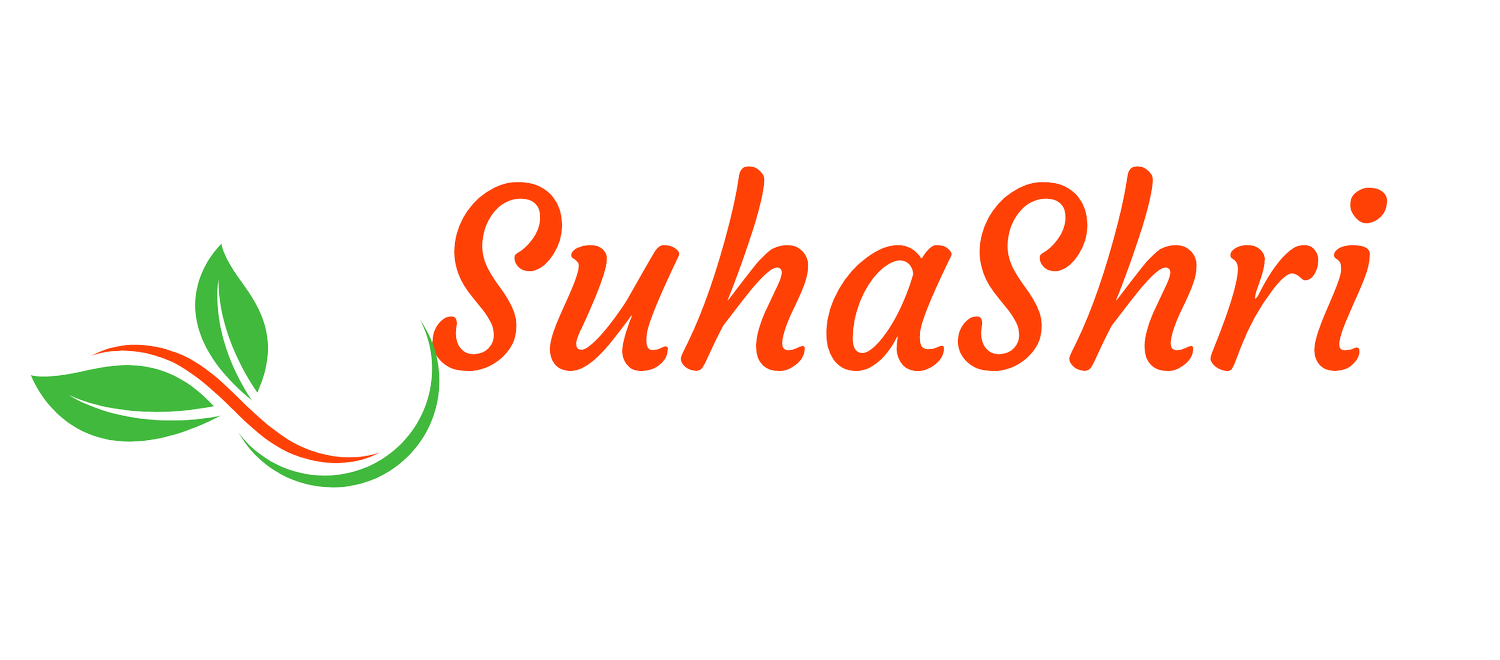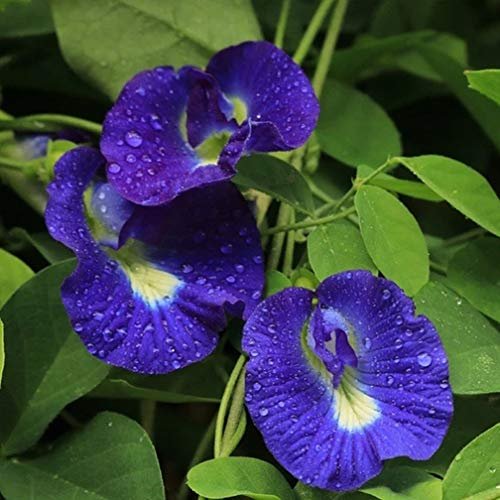The Ayurveda - Brain and Gut Connection
The brain and gut connection, which Hippocrates mentions, 'every disease begins in the gut,' is an essential principle of Ayurveda. The interconnection of the nervous system, the immune system, and the endocrine system control our digestive functions and influence our mind and emotions leading to another branch of physiology called the enteric nervous system.
Ayurveda says this gut-brain axis network allows information to travel back and forth between the gut and the brain. When your digestive fire or the enteric nervous system (agni) is cogent, you can benefit from the healthy foods you consume. There is a vitality, energy, focus, and enthusiasm about life. But, when digestion weakens and the stomach is unwell, the body struggles to assimilate nutrients and eliminate impurities (ama). If left unchecked, accumulating ama (toxins) can weaken immunity and cause other health issues—including mental and emotional challenges. Thus calming the enteric nervous system (agni) and regulating digestion works in tandem with your brain and central nervous system. Consuming natural foods to boost your microbiome health and support the growth of friendly bacteria can influence brain health, and in the process, we are treating our body as a whole.
According to the Ayurveda texts, Charaka and Sushruta Samhita talk about the brain's cognitive functions as 'medhya (intellect),' where the loss of buddhi (memory) or decision-making capacity declines further as we age. To fulfill the cherished desire of every human being to live a long life with a healthy brain and senses, Rasayana, or rejuvenating natural ayurvedic therapies with herbs, were introduced.
Medhya Rasayana (ayurvedic therapeutic herbs for the intellect) imparts longevity and promotes a healthy prolonged life span, good nutrition, and overall nourishment to the gut, brain, and body. This primary effect of nourishing the body results in longevity and decelerating the process of aging.
Any imbalance can slow brain functioning or decline, causing memory, concentration, and mental clarity issues. Balancing Doshas and having a Sattvic (calm, pure) state of mind is a significant step to curing memory-related matters. This is done by increasing positivity, stimulating the heart tissues, activating our brain functions with the correct thought processes, and increasing blood circulation to the brain. The body's three Doshas or bio-energies (Vata, Pitta, and Kapha) are also activated in the brain and must work together for learning, processing, and recalling information.
In Ayurveda, most memory issues are associated with the Kapha Dosha - dull, heavy, dense, thick, cloudy, and sludgy qualities. The sub-dosha of Kapha, the Tarpaka, emphasizes the brain functioning, the white matter signifying our senses, experiences, memory, and actions organs (called indriyas). The lubrication of the brain tissues (cerebrospinal fluid - modern science term) is influenced by this sub-dosha, the Tarpaka. When balanced, the brain and the nervous system are well nourished and protected, bringing clarity to the mind.
When Tarpaka is imbalanced, there is Kapha stagnation causing malaise, foggy thinking, memory loss, emotional issues like greed, anger, depression, and severe cognitive impairment. An excellent example of imbalanced Kapha or its sub-dosha would be a person with high triglyceride levels (blood fat), where the blood flow is so dense and thick that it is unable or prolonged to reach the blood-brain barrier.
This leads to memory-related issues such as Alzheimer's, dementia, or forgetfulness and significantly influences the mind, body, and emotions. Menopausal women are more prone to changes in their memory due to hormonal imbalances and not focusing on their nourishment.
What specific Ayurvedic healing herbs are recommended for brain health and longevity?
Digestion and gut health are the first lines of defense in Ayurveda, and many herbs that improve cognitive function, memory, and focus.
Here are a few of the healing herbs in the Ayurveda health cabinet.
Ashwagandha: In Ayurveda, it is called the Indian ginseng, ashwa (horse), and gandha (smell); the root is mainly used as a herb and has a horsey smell, conferring the strength and virility of a horse. It is an adaptogen, an anti-stress agent that provides many health benefits, such as physical and mental vitality, peace, and clarity. It has cortisol and corticosteroid-lowering effects on brain function, lowering blood sugar and helping fight anxiety and depression.
Turmeric: This potent herb, a flowering plant of the ginger family, is a spice mainly used in India and worldwide. Curcumin is a yellow pigment present in turmeric. It calls for many health benefits, such as anti-inflammatory and the ability for the body to produce more antioxidants, an immune booster, reduces inflammation, and recent studies show that it can have cognitive benefits. The brain related memory disorders are mainly caused by the protein buildup called beta-amyloid, and curcumin, turmeric's active ingredient, promotes the blood-brain barrier to help clear these protein plaques. Curcumin protects neurons (nerve cells) and improves memory, mood, and emotion.
Bacopa: A brain supplement is known as Bacopa Monnieri, water hyssop, or in Ayurveda as, Brahmi. It has remarkable properties to protect the brain cells, improve cognitive functioning, stress relief, and promote neuron communication associated with learning and memory. Research also shows that Bacopa contains powerful antioxidants and reacts with free radicals to lower neurodegenerative disorders, inflammation, stress, and anxiety; helpful in memory issues, cognitive difficulties, and inability to focus.
Shankhpushpi: An uncommon herb called dwarf morning glory - shaped like a conch shell (Shankh) and Pushpa (flowers), giving it the name Shankhpushpi. The plant's neuroprotective elements help prevent memory loss. A medhya rasayana, or brain tonic, can boost memory and improve intelligence and function. This brain food helps reduce mental fatigue, combat stress and anxiety and reinforces positive cognitive support. It works as an antioxidant for digestion, heart health, and skincare. Also improves memory capacity, focus, and concentration and promotes calmness and alertness. Improved reasoning, problem-solving, and other cognitive abilities.
Gotu Kola: An Ayurvedic herb known as Indian Pennywort or Brahmi, is the energy or shakti and refers to the Brahma plant that supports brain function. It supports vitality and boosts energy and brain circulation while nourishing the entire body. It has anti-inflammatory, analgesic, a powerful adaptogen (controlling stress), and promotes sleep, mood, memory, and mental clarity. The bitter taste of light, cold, and sweet also helps digestion. This healing herb enhances logetitivty, balancing the three doshas (Vata, Pitta, and Kapha), a powerful Medhya Rasayana (brain nootropics), and maintains cognition, creativity, and learning skills. Research shows that Gotu kola was as effective as folic acid in improving post-stroke vascular cognitive impairment.
Jyotishmati: In English, it is called the staff or intellect tree. In ancient Ayurveda, fruit seeds of this plant are used as a medicinal herb. The seed oil is a therapeutic massage oil to lower skin inflammation and promotes a calming effect on the body. It is anti-inflammatory, works well for memory loss, insomnia, and supports depression symptoms, and is a digestive stimulant. It is also known to alleviate cognitive issues and promote intestinal health. More research is being conducted to recognize the potency of this powerful herb.










